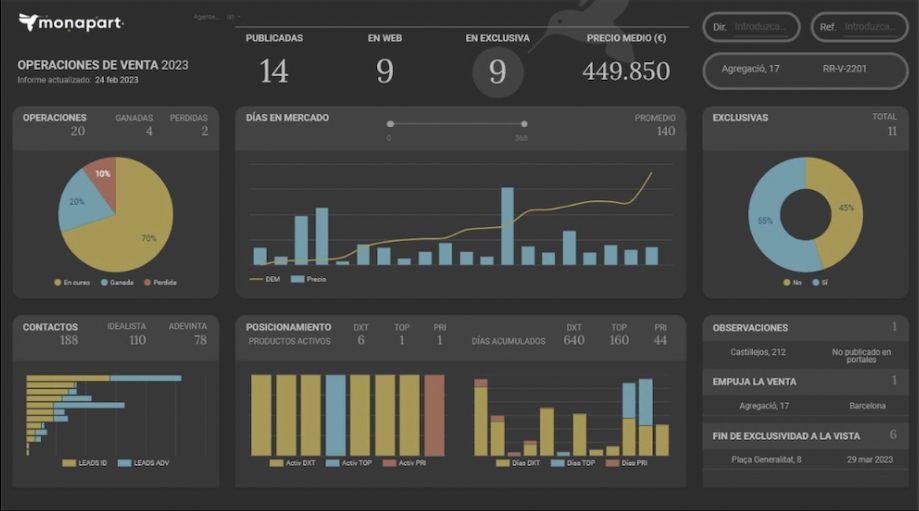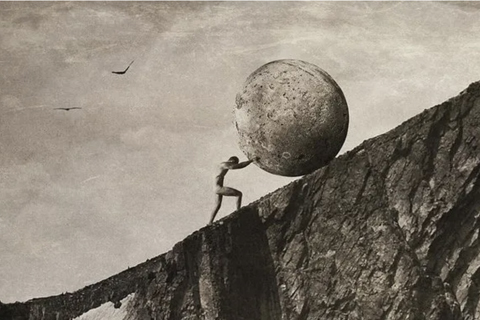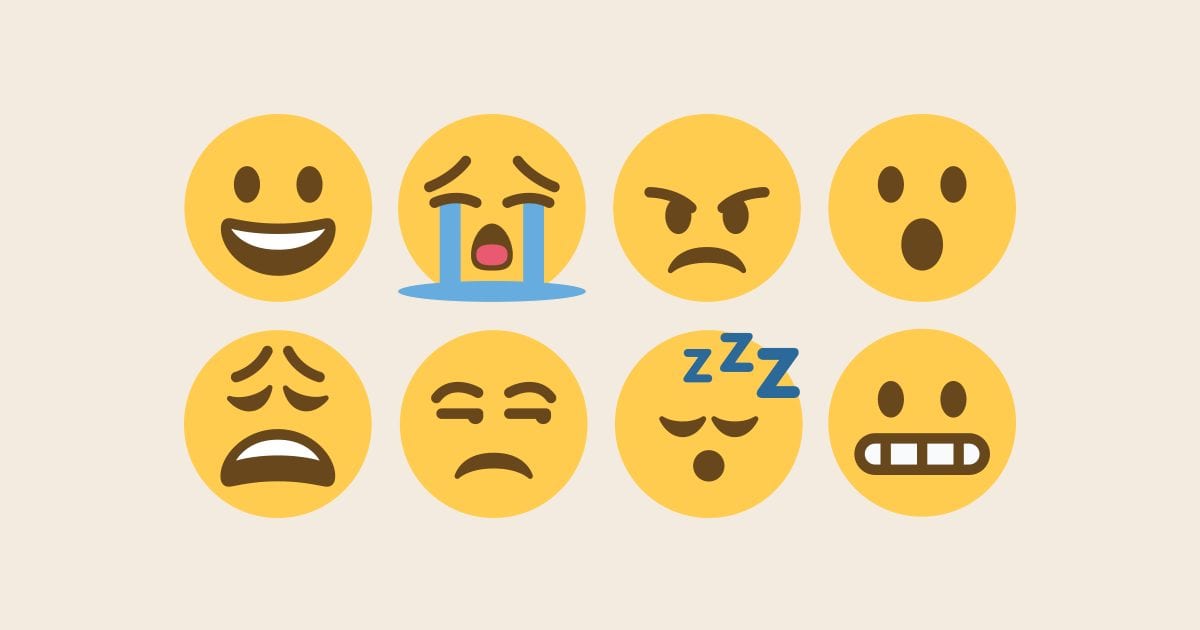Techniques to make sure you don't forget anything
THE TRILOGY OF ABSENT-MINDEDNESS (I)
We have all lost our bearings at some time or another. To get lost is as human as to make mistakes. But it is not because we are human that we can afford it, especially in the professional sphere.
Cases I have seen, heard and/or suffered:
- Forgetting to ask the customer for a document relevant to a transaction.
- Forgetting to check the registration charges (and having the sale fall through when you already had an offer).
- Forget to send the invoice (and get paid) when closing a deal!
- Forget about much sillier things, such as sending a customer a plan they asked for during the visit (and having to be reminded of it).
So we'll leave the poetry of absent-mindedness to the wise. For real estate agents I have created 'The Trilogy of Cluelessness', a series of 3 articles:
- How to avoid absent-mindedness on specific issues (the one you are reading about).
- How to avoid absent-mindedness in complex processes (soon on your screens).
- How to protect yourself from the absent-mindedness of others (in a couple of weeks).
THE EDU-ARD METHOD
First step (EDU): Take it from me! I've tried everything because I'm a rather absent-minded guy. That's exactly why I had to have a method. Since I've been using it, neither my clients nor my colleagues notice me.

Survey of a few colleagues in the company while I was writing this article - look how 1TP5GoodAgent they are!
Second step (A): Write it down. Everything. Always write it down the moment you commit yourself, the moment you are asked, the moment it occurs to you, ... When a task comes up, write it down.
OK, where? In the bonus track of the article I will explain how I do it, but the "where" to write it down is not very relevant, as long as it is a support that you always carry with you:
- Do it in a paper diary, iHand or mobile app.
- Always do it the same way.
- It is no good aiming at different places, even though at the time it may seem to you that it is already working for you.
The method will not work if you are not methodical from the first step. That is why it is called a method and not a method. Flexibility is not a value in this matter, but a mistake.

iHand. No comments.
Third step (R): Create a simple Routine.
A routine is a task that you perform on a regular basis, in this case every working day. Set aside a part of your daily agenda for the tasks you have been writing down during the previous 24 hours. Recommendations:
- Choose a time slot in which you can be at your workplace. You cannot do it from the bar while you are having breakfast.
- Set it in your calendar. If possible, always at the same time. If you work with a paper calendar, you will have to get into the habit of assigning it every day. If you work with a digital calendar, create a recurring appointment (daily on weekdays) called, for example, "Short tasks". You can move it around each day depending on what else you have to attend to, but respect it as you would a client appointment.
- Give it a reasonable duration and keep it the same. If one day you finish your tasks earlier, it will be a time you have earned to have a cortado. But don't stay short.

Example of a typical morning's agenda, with slots reserved for different activities, including Short Tasks.
Fourth step (D): Stick to the routine every day.
Don't cheat yourself alone. No more anarchy. Now you already have a time slot in your day dedicated to small tasks and you have them all written down in one place. You can't get lost. You have the habit of writing them down and the assigned time to do them. You have the EDU-ARD method (Write Down + Routine + Daily).
Your customers will notice. Failure is not an option.
Your stress level will go down. Ommmm.
You will have taken one step closer to taking the Ctrl out of your time. Tell me about it, what is your method?
Bonus track: Ctrl + C (copy from Edu):
- Every time a task comes up I send an email to myself. Remember that I'm talking about small tasks, such as "Send the plan to Pepita" or "Sign up for the Monapart CEO recruitment course". I don't use paper notebooks or task applications (like Tasks). My mobile phone is always with me and I have the Gmail application (at Monapart we use Google Workspace) very handy, so it's easy for me to send myself an email with the task in the subject line.
- In my calendar I have blocked a 50-minute daily slot for short tasks (I call them "errands") and emptying my inbox (I will talk about this in another article). During those 50 minutes, that's all I do. I do it with so much focus that I don't even breathe. They call it digital snorkeling and it is quite dangerous.
- If I think a task is going to take me more than 10 minutes or it gets complicated during the execution, I reserve it for the end or assign a new time slot for the same day or the next day.
- If I don't have time to do everything in those 50 minutes, I postpone those emails and self-emails for another time. I never allow myself to postpone a task more than twice. If that happens, I conclude that it is not an important task and, therefore, I delete it and take the consequences.





